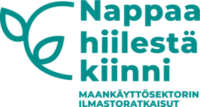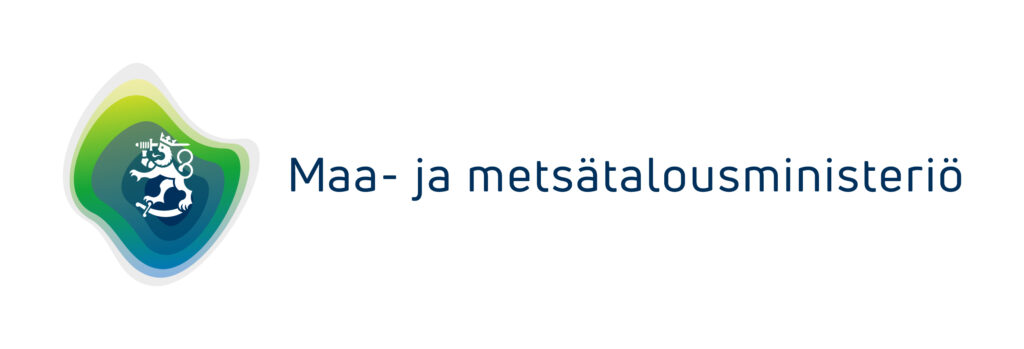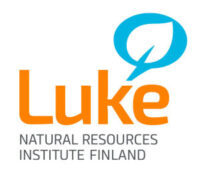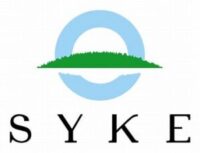Home ⟩ Research ⟩ Research Projects ⟩ Climate Wise Sphagnum-Based Growing Media – Possibilities for Sustainable Harvesting (RahKoo)
Climate Wise Sphagnum-Based Growing Media – Possibilities for Sustainable Harvesting (RahKoo)
- Project research area
- Geoenvironment
- Project duration
- 01.04.2022 - 30.09.2024
Introduction
The demand for growing media is expected to increase four-fold by 2050. As peat, currently by far the most common growing media, has strongly negative climate impacts, there is a need to find more sustainable substitutes for it. Renewable Sphagnum moss has nearly equal properties to peat based growing media and can be produced both in low-productive forestry drained peatlands and in former peat harvesting areas. As Sphagnum growth demands moist growing conditions, this land use likely reduces the CO2 emissions caused by drainage of the substitutable land uses. Therefore, Sphagnum moss-based growing media has a potential to decrease the greenhouse gas emissions of greenhouse farming and strengthen the sustainable use of natural resources.
The Sphagnum harvesting at the forestry drained peatlands has been piloted in Finland and the quality of the product has been proved suitable. The large area low-productive forestry drained peatlands and former peat harvesting areas facilitates an extensive Sphagnum harvesting and farming in Finland, with practical potential for Sphagnum material alone or combined with other sustainable materials to substitute peat in large scale. Sphagnum farming has been piloted in Central Europe and introducing the knowhow and best practices would facilitate the farming in Finland. Large scale Sphagnum production and use would, however, require a thorough investigation of the climate and other environmental impacts of the activity, which is not possible with current data.
The main aim of this project is to examine the multi-dimensional sustainability of Sphagnum harvesting and farming, and the growing media. We will study its impacts on climate, economy, biodiversity and water quality. We will measure greenhouse gas exchange, water quality and assess site properties that support re-establishment and growth of the moss after harvesting. In addition, we will estimate and map the extension of suitable moss harvesting sites in Finland. The project is implemented in a close collaboration with the Sphagnum harvesting practitioners and stakeholders, which makes the implementation of the results immediate and effective.
The project is part of the Ministry of Agriculture and Forestry’s climate measures in the land use sector, and it is coordinated by Geological Survey of Finland.
The project is implemented by: Geological Survey of Finland, Natural Resources Institute Finland and Finnish environmental institute.
Source of funding:


Collaborators:


Contact person: Jukka Turunen
Return to projects